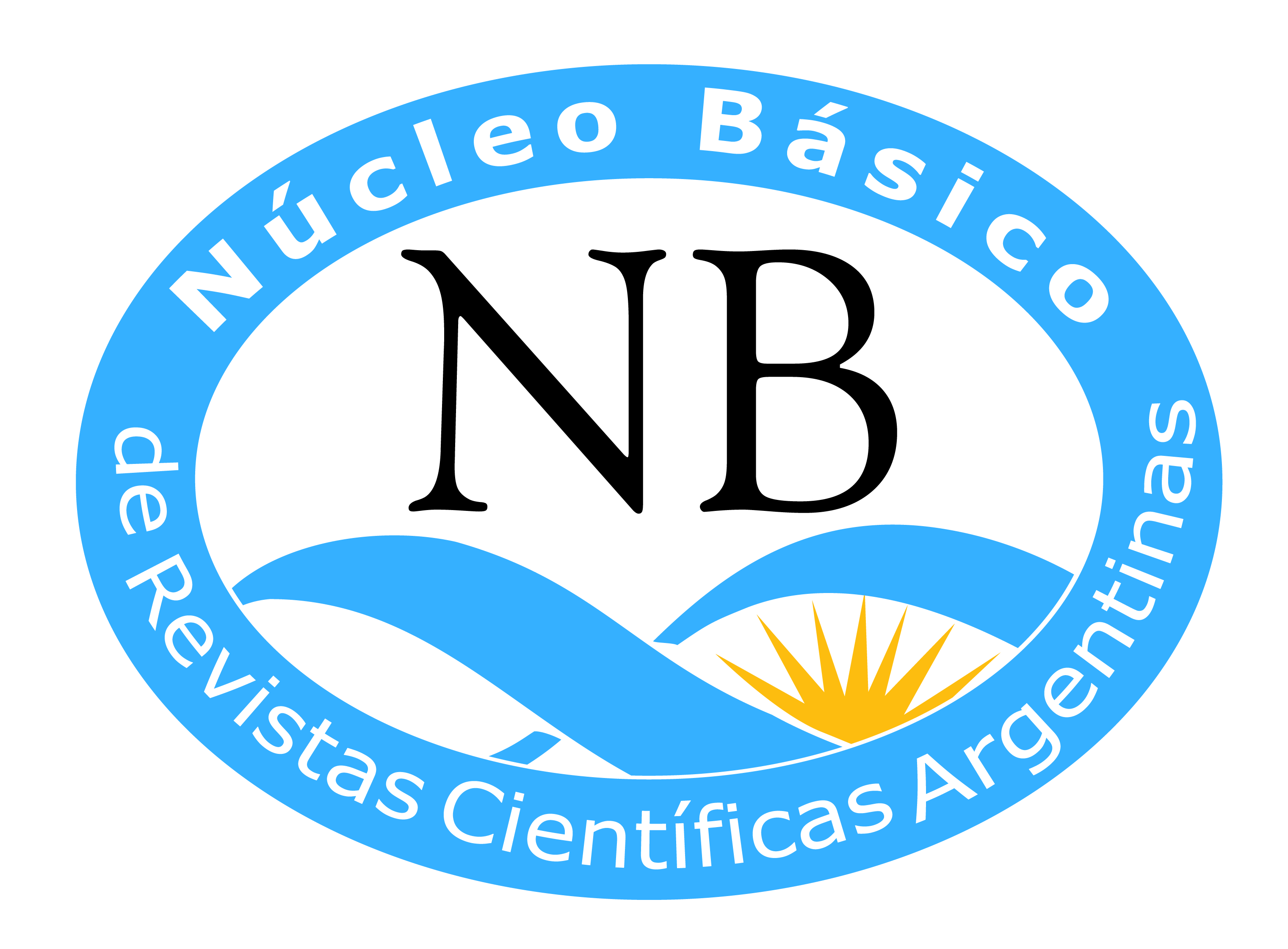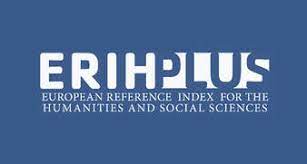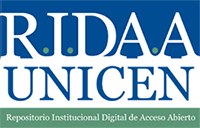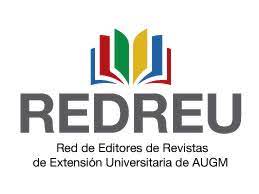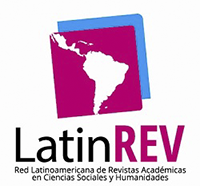Extensión crítica: ¿una opción para descolonizar la universidad?
Resumen
En esta indagación se desarrolla la perspectiva teórica y metodológica de la extensión crítica en torno de la cual subyace una profunda concepción sobre la construcción del conocimiento. Sobre las bases de la extensión crítica es posible plantear propuestas alternativas al pensamiento moderno-eurocentrado, ya que la extensión es entendida como una construcción hecha desde la frontera (Tommasino y Cano, 2016: 21) o, en términos de Dussel, desde la exterioridad (Dussel, 1977, 1998). Este planteo ya ha sido desarrollado por Erreguera, Nieto y Tommasino (2020) para comprender las bases de la extensión crítica, su surgimiento y desarrollo. Partiendo de la propuesta de dichos autores se profundizará en los aportes de la perspectiva decolonial a la extensión crítica y viceversa, entendiendo que la extensión es un camino para descolonizar las prácticas académicas y la producción de conocimiento hacia el interior de las universidades.
Descargas
Los autores conservan la propiedad intelectual de sus artículos, aceptando ceder a Masquedós los derechos para su publicación y garantizando a la revista el derecho de ser la primera publicación del trabajo. Los artículos se encuentran protegidos por una Licencia Creative Commons “Atribución - No Comercial - Compartir Igual CC BY-NC-SA” según se detalla en la Política Editorial. Luego de publicado un artículo, la revista autoriza su reproducción parcial o total siempre que se cite la procedencia mencionando: autor(es), año, título, volumen, número y DOI; y como fuente: Revista Masquedós.
Las opiniones vertidas en los artículos son de exclusiva responsabilidad de los autores y no reflejan necesariamente la posición del equipo de la revista.





